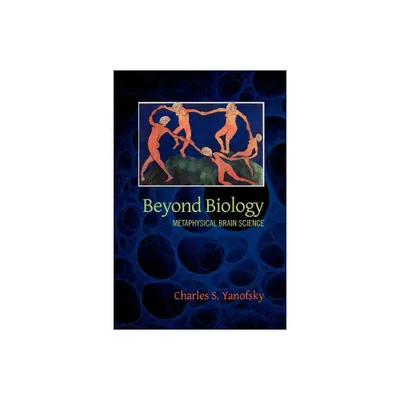Home
The Benefits of Imperfection: Biology, Society, and Beyond
Loading Inventory...
Barnes and Noble
The Benefits of Imperfection: Biology, Society, and Beyond
Current price: $130.00


Barnes and Noble
The Benefits of Imperfection: Biology, Society, and Beyond
Current price: $130.00
Loading Inventory...
Size: Hardcover
*Product Information may vary - to confirm product availability, pricing, and additional information please contact Barnes and Noble
The cult of performance leads our society to emphasise the values of success and continuous optimisation in all areas. Slowness, redundancy and randomness are therefore negatively perceived. Olivier Hamant, in his book, reclaims them by his knowledge of biological processes.
What can we learn from life sciences? While some biological mechanisms certainly boast formidable efficiency, recent advances instead highlight the fundamental role of errors, incoherence or slowness in the robustness of living organisms. Should life be considered suboptimal? To what extent could suboptimality become a counter-model to the credo of performance and control in the Anthropocene?
In the face of pessimistic observations and environmental alerts, the author outlines solutions for a future that is viable and reconciled with nature.
Key Features:
Solidly documents with a grounding in scientific facts focusing on solutions
Explores a pragmatic way towards robustness, moving the debate beyond performance, technolatry or degrowth
Responds to eco-anxiety by providing an engaging and viable way forward
What can we learn from life sciences? While some biological mechanisms certainly boast formidable efficiency, recent advances instead highlight the fundamental role of errors, incoherence or slowness in the robustness of living organisms. Should life be considered suboptimal? To what extent could suboptimality become a counter-model to the credo of performance and control in the Anthropocene?
In the face of pessimistic observations and environmental alerts, the author outlines solutions for a future that is viable and reconciled with nature.
Key Features:
Solidly documents with a grounding in scientific facts focusing on solutions
Explores a pragmatic way towards robustness, moving the debate beyond performance, technolatry or degrowth
Responds to eco-anxiety by providing an engaging and viable way forward


















